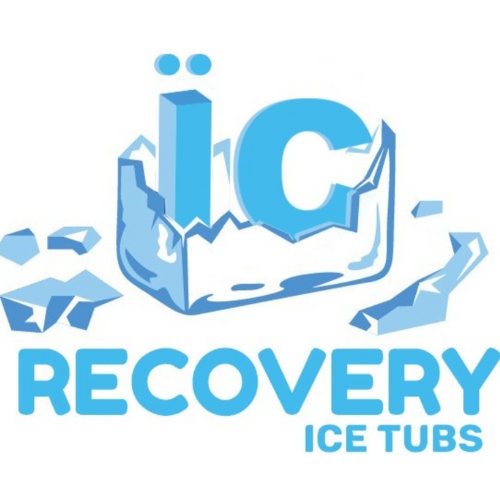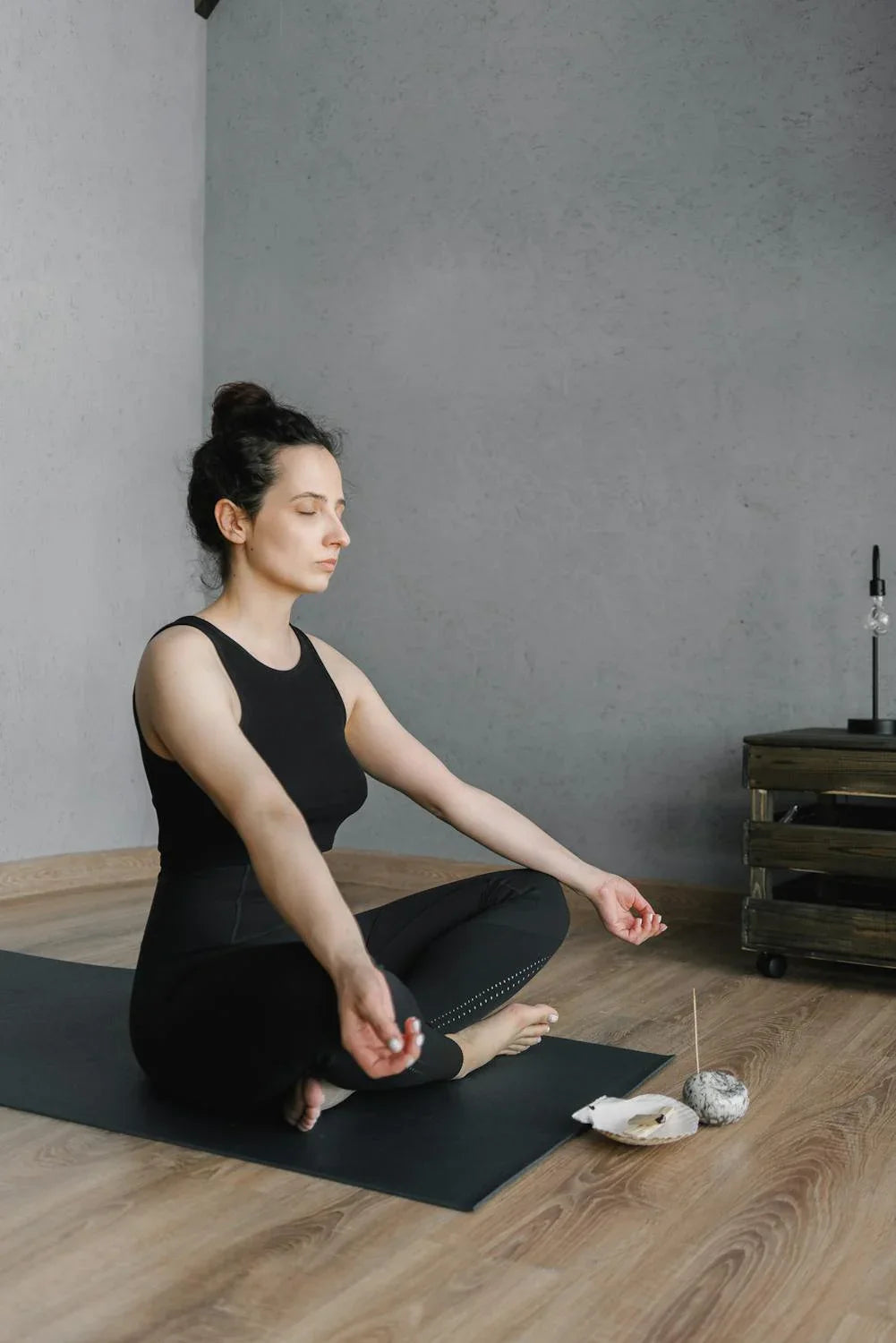Mental health struggles like depression and anxiety affect millions of people worldwide. While traditional treatments such as therapy and medication remain crucial, alternative methods are gaining attention for their potential to enhance mental well-being. One such method that has shown promising results is cold therapy, particularly through ice baths. Immersing your body in cold water might seem uncomfortable, but the mental health benefits it offers are backed by science. Let’s explore how ice baths can help reduce symptoms of depression and anxiety and improve overall mood.
What Are Ice Baths?
An ice bath, also known as cold water immersion, involves submerging the body in cold water, typically at temperatures ranging from 10°C to 15°C (50°F to 59°F), for a duration of about 10-20 minutes. While primarily used by athletes for physical recovery, ice baths are increasingly recognized for their potential to improve mental health, especially in the treatment of anxiety and depression.
1. Boosts Endorphin Levels
One of the primary reasons ice baths can help with depression is their ability to increase the production of endorphins—chemicals in the brain that promote happiness and overall well-being. Cold exposure has been shown to trigger the release of these "feel-good" hormones, which help reduce feelings of sadness and elevate mood. Endorphins also play a role in combating anxiety, helping to create a sense of calm and relaxation after the discomfort of the cold bath.
Scientific Proof: A study published in Frontiers in Psychology found that cold exposure activated the release of endorphins and norepinephrine, which are linked to mood regulation and reduced feelings of anxiety and depression. Participants reported feeling happier and less anxious after regular cold exposure.
2. Reduces Stress and Anxiety Levels
Chronic stress is a major contributor to anxiety and depression. Regular exposure to cold water helps regulate the body’s stress response system by stimulating the vagus nerve. This activation promotes the body’s parasympathetic nervous system, which is responsible for relaxation and recovery. As a result, ice baths can reduce the levels of cortisol, the body's primary stress hormone, leading to reduced anxiety and an overall calming effect.
Scientific Proof: Research published in the International Journal of Circumpolar Health suggested that cold water immersion can lower cortisol levels, which helps reduce stress and improves emotional regulation. The study concluded that cold exposure had a significant impact on lowering symptoms of anxiety.
3. Improves Sleep Quality
Sleep disturbances are common in individuals suffering from anxiety and depression. Poor sleep can exacerbate these conditions, creating a vicious cycle of poor mental health. Ice baths, however, have been shown to improve sleep by reducing the body's core temperature and signaling to the brain that it’s time to rest. Cold water immersion promotes the release of melatonin, the hormone responsible for regulating sleep, making it easier to fall asleep and stay asleep.
Scientific Proof: A study published in PLOS ONE in 2016 found that cold exposure helped improve sleep quality and reduced symptoms of insomnia in individuals experiencing anxiety and depression. Participants who took regular ice baths reported falling asleep faster and experiencing deeper, more restful sleep.
4. Increases Mental Toughness and Resilience
Taking an ice bath is not an easy task. The discomfort of being submerged in cold water requires mental focus and resilience. This practice can help build mental toughness, which is essential for coping with the emotional challenges that come with depression and anxiety. Over time, regularly exposing yourself to the stress of an ice bath can help you better manage stress in everyday life, improving your ability to cope with negative thoughts and emotions.
Scientific Proof: A study from the Journal of Sports Science & Medicine found that athletes who engaged in cold water immersion showed improvements in mental resilience. The same benefits can extend to individuals dealing with depression and anxiety, as overcoming discomfort in an ice bath helps boost confidence and mental strength.
5. Improves Circulation and Oxygenates the Brain
Cold therapy also stimulates blood circulation and increases the oxygen levels in your body. The shock of the cold causes blood vessels to constrict, and once you step out, they dilate again, promoting healthy blood flow. This circulation boost not only benefits the muscles but also increases the oxygen supply to the brain. Improved oxygenation of the brain is believed to have positive effects on mood and cognition, potentially reducing the symptoms of depression and anxiety.
Scientific Proof: A study published in the European Journal of Applied Physiology showed that cold exposure increased blood flow and oxygenation in the brain, which can help improve cognitive function and alleviate symptoms of anxiety and depression.
6. Enhances the Body’s Natural Healing Mechanisms
Your body’s natural healing mechanisms can also help reduce symptoms of depression and anxiety. Cold water immersion activates your body’s sympathetic nervous system (fight or flight) and boosts the production of norepinephrine. This chemical plays a role in improving attention, alertness, and mood, all of which are essential for combating feelings of depression and anxiety.
Scientific Proof: Cold exposure, including ice baths, has been shown to increase norepinephrine production, which helps with mood regulation and emotional stability. According to a study in Psychoneuroendocrinology, this boost in norepinephrine helps alleviate depression and anxiety symptoms by enhancing brain function and improving mental clarity.
Key Statistics:
- A 2018 study published in Medical Hypotheses showed that cold exposure significantly reduced symptoms of depression, with patients reporting a 40% decrease in depressive feelings after consistent ice bath immersion.
- A 2014 study found that ice baths can lower cortisol by 15% to 25%, helping to reduce stress and anxiety levels.
How to Use Ice Baths for Anxiety and Depression Relief
To get the most mental health benefits from ice baths, here are some guidelines:
- Duration: Start with shorter durations, around 5-10 minutes, and gradually increase up to 15-20 minutes as you become accustomed to the cold.
- Temperature: Keep the water temperature between 10°C to 15°C (50°F to 59°F).
- Frequency: Regular exposure, ideally after workouts or stressful days, can help keep anxiety and depression at bay.
- Post-Bath: Warm up naturally after your bath to prevent any shock to the body, and make sure you hydrate well afterward.
Conclusion
While ice baths for recovery are commonly associated with physical health, their mental health benefits are equally profound. From boosting endorphins and reducing anxiety to improving sleep and building mental resilience, cold water therapy offers an alternative way to combat depression and anxiety. If you're looking for a natural way to improve your mental well-being, an ice bath could be just what you need.
Looking to try ice baths for mental well-being? At ïC Recovery, we offer top-of-the-line ice tubs designed for both physical and mental recovery. Explore our products and start your journey toward better mental health today!

